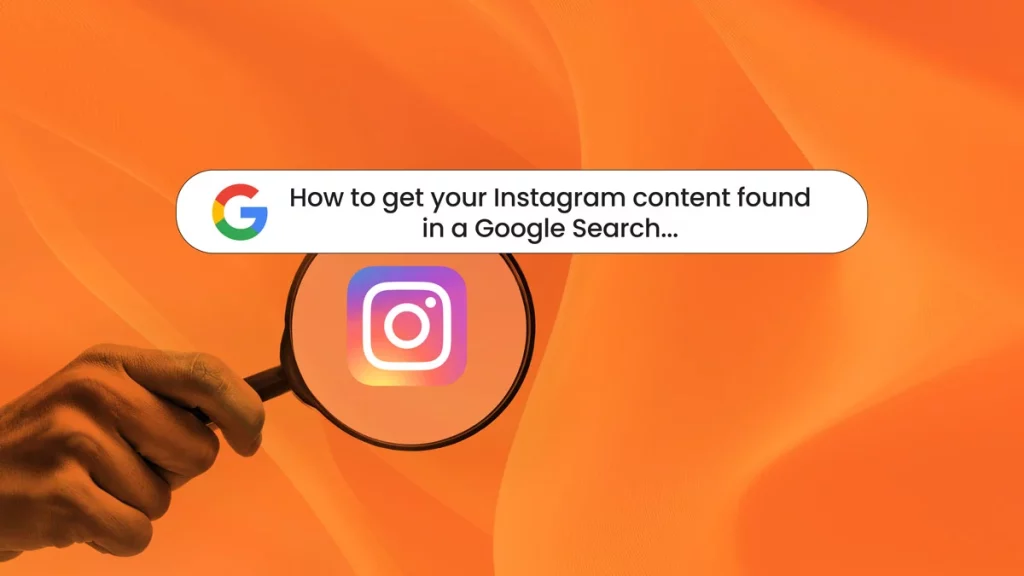It can be hard to keep up in the digital world, trends come and go, which makes it difficult to know exactly what you should put your focus on. We’ve seen new social media platforms, overhauls to algorithms, but nothing quite compares to the latest next big thing… AI search.
Join us as we take a look at what we mean by AI search, how people’s behaviour is changing and what you can do to be found in AI search.
Jump to a section:
What is AI search?
AI search is the use of artificial intelligence technologies to improve how information is retrieved, interpreted, and presented in response to a users query.
In its simplest form, this is search using an AI tool such as ChatGPT or Perplexity, to search for something online.
For example, this person isn’t using a traditional search engine, like Google, to ask for “best restaurants in Oxford”. Instead, they’re putting this query into an AI tool, like the aforementioned ChatGPT or Perplexity.
AI search goes beyond traditional keyword-based search engines by using techniques including machine learning, natural language processing (NLP) and semantic understanding. The NLP can comprehend questions posed in everyday language, not just keywords. For context, while using AI, a user might input “Where can I find the best Indian food in Oxford that doesn’t require a booking?”. This is a more complex input in comparison to what someone might search on Google, for instance.
The AI search can offer a more personal experience as it understands context awareness, allowing it to quickly learn the user’s habits, location, and device. It can also learn the format type you prefer, such as articles, videos, FAQs, forums, etc.
Why is AI search becoming more popular?
AI search is easy to use. Using an AI tool can often deliver a richer and more comprehensive answer to the user’s question. Whilst we’re seeing changes to Google search, see our (What is AI Overviews blog), the traditional search engine results don’t always give a straight answer.
Whereas searching with an AI tool can often provide the user with more information, without the need for visiting multiple websites and scanning multiple sources.
Going back to our example above, searching “best restaurants in Oxford” on ChatGPT could give the user a list of restaurants, including the cuisine type, rating, pricing, customer pictures and menu. Whilst a traditional Google search will give you this information, it often isn’t as intuitive as an AI search.
How to be found in an AI search?
Thankfully, if you’re familiar with the best practices of search engine optimisation (SEO), you shouldn’t be too far out of depth here.
AI search focuses on understanding intent and context, not just keywords. So it’s important to understand your customers’ needs and how to best service them, this could be through including Frequently Asked Questions (FAQs) on your website to answer the most commonly asked questions.
The same principles of quality content remain true, so don’t go creating a host of new content for the sake of it, in blind hope it’ll be featured in an AI search. Be mindful about what you’re producing and create it from an authority standpoint.
The tips in our, How to get your content found in Google AI Overviews article will help guide you further with this.
Conclusion
Whilst it might be a daunting thought that people aren’t going to find your website in the ways they used to, it’s important to remember people will always search, just in new ways.
Evolving your digital strategy to include visibility in AI search is something worth considering, whilst it is still in its infancy.








